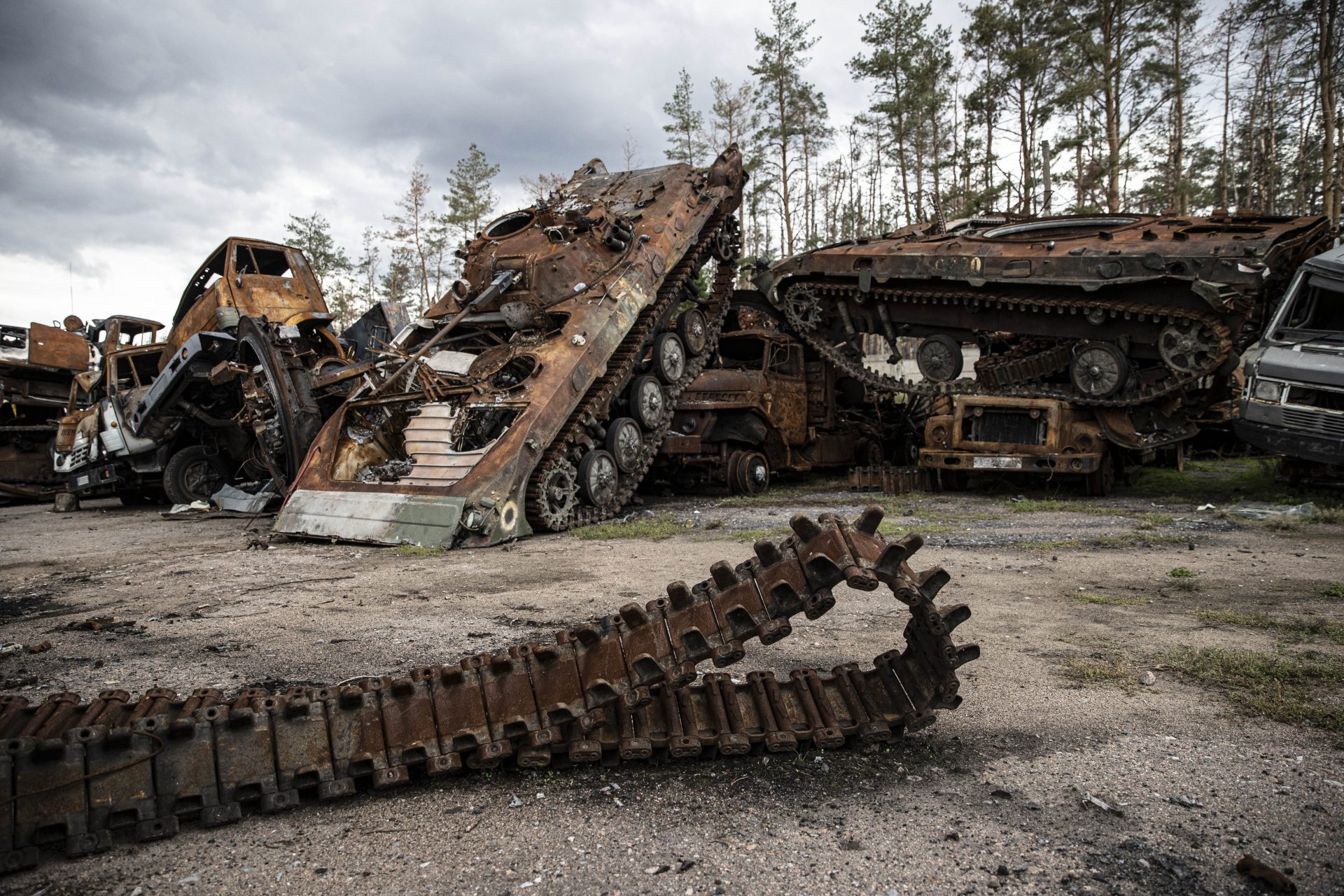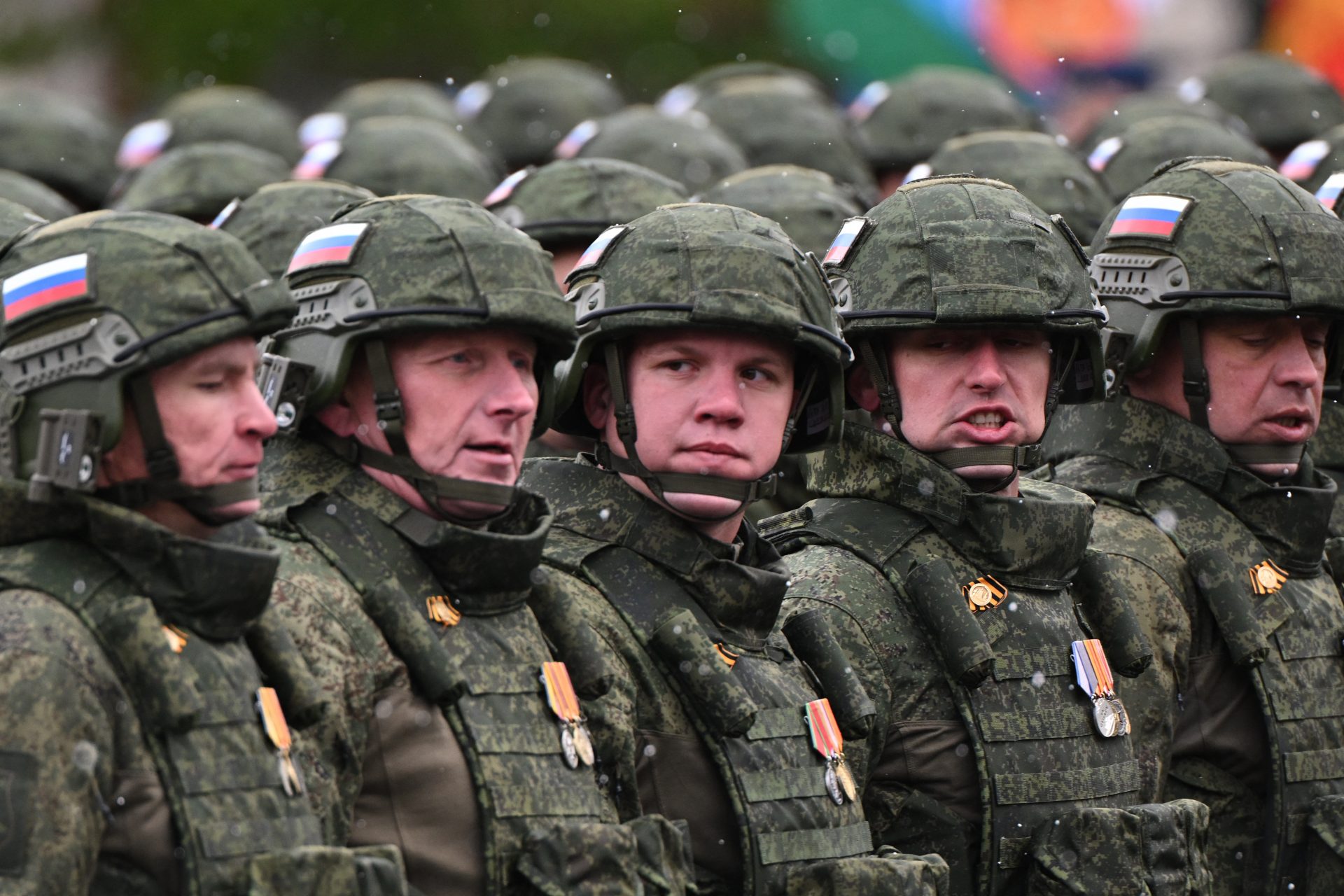Disaster in Turkey and Syria: devastating earthquake kills and injures thousands
A 7.8 magnitude earthquake hit central Turkey and northwest Syria in the early morning of Monday, February 6, at 04:17 local time, killing hundreds and injuring thousands of people in both countries.
The BBC reported that according to the US Geological Survey, the earthquake struck at a depth of 17.9km (11 miles) close to Gaziantep.
Emergency workers in both Turkey and Syria are tirelessly searching for survivors among the rubble left in the earthquake's wake. Pictured: a 10-year-old rescued from under rubble of 10-storey-building in Osmaniye, Turkey.
However, snow and freezing temperatures are making rescue efforts more difficult. According to CNN, temperatures are expected to drop as low as -6ºC (21ºF) in Gaziantep, Turkey, on February 7, meaning rescue workers face immense pressure to find those trapped in the rubble before the victims freeze.
According to The Guardian, Fuat Oktay, the vice-president of Turkey, said that thus far, the death toll in the country was at 912 people, with 5,385 injured.
Turkey has declared a "level 4 alarm" as it calls for international assistance to help deal with this devastating natural disaster.
According to a statement made by Suleymon Soylu, the Turkish Interior Minister, ten Turkish cities have been affected by this natural disaster:
Gaziantep, Kahramanmaras, Hatay, Osmaniye, Adiyaman, Malatya, Sanliurfa, Adana, Diyarbakir and Kilis.
Syria has also been hard hit by the earthquake, a particularly tough blow to a country that has already been ransacked by eleven years of civil war.
According to Al Jazeera, Syria's assistant health minister Ahmed Dhamiriyeh informed state television that thus far, 326 people have been reported dead with 1,089 injured.
The White Helmets group adds that there are at least 221 dead and 419 injured in the opposition-controlled areas of Syria.
Most deaths and injuries in Syria have been reported in the Hama, Aleppo, Latakia provinces, where the earthquake levelled multiple buildings.
Per CNN, Syrian hospitals are on the verge of collapse as a result of the earthquake. The news outlet reported that the Syrian American Medical Society (SAMS) stated that hospitals in the country "are overwhelmed with patients filling the hallways."
The Guardian reported that the White Helmets, the Syrian Civil Defense has declared the northwest region of the country a "disaster area."
In a statement, the White Helmets said that hundreds of families are still trapped in the rubble.
Experts believe that the aftershocks in the wake of the powerful earthquake are expected to continue for "several days, several weeks, maybe even several months," according to Chris Elders, professor at the School of Earth and Planetary Sciences at Curtin University in Perth Australia, as reported by Al Jazeera.
Elders told the news outlet that aftershocks have already been registered in the magnitude of four or five. Although the aftershocks are less devastating than the initial earthquake of 7.8 magnitude, they are still concerning.
According to the BBC, Turkey is located in one of the most active earthquake zones in the world. The country suffered greatly in 1999 when a 7.4 magnitude earthquake ravished the northwestern area of Turkey, killing over 17,000 people.
Both Turkey and Syria have received global support from leaders around the world. Countries such as the United States, India, Pakistan, and even Ukraine have shared their condolences with the affected countries and promised to support both nations in their recovery efforts following the disaster.
More for you
Top Stories































